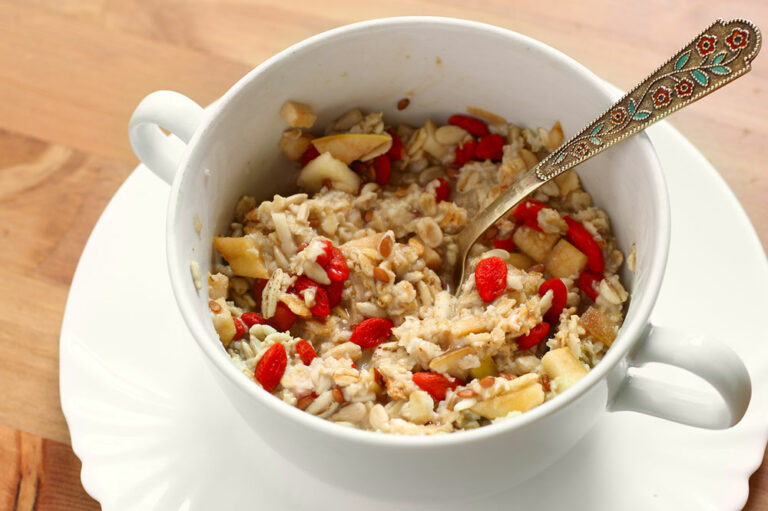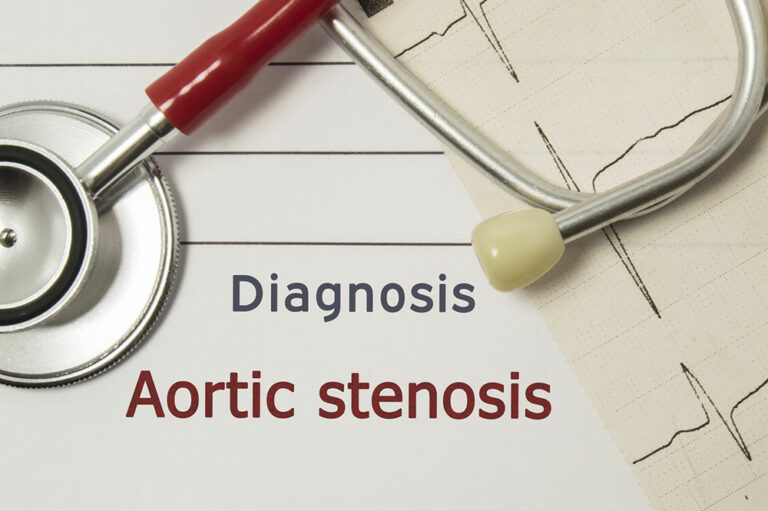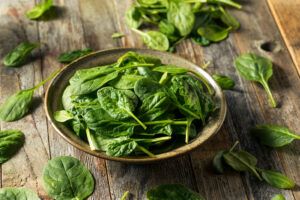
Cough and cold – Causes, symptoms, and remedies
Coughs and colds can disrupt daily life and cause discomfort to millions of people worldwide. These minor ailments often stem from viral infections that affect the upper respiratory system, primarily the throat and nose. While generally not severe, coughs and colds can be bothersome, particularly during seasonal shifts. This article explores the symptoms, causes, and risks associated with these conditions, shedding light on practical strategies for dealing with them naturally. Symptoms of cough and cold Coughs and colds are typically characterized by symptoms that can vary in intensity from one person to another. Runny or stuffy nose A stuffy or runny nose is one of the most recognizable cold symptoms. It occurs when the virus infects the nasal passages, causing inflammation and increased mucus production. It then results in a constant drip from the nose or a sensation of congestion, making it difficult to breathe through the nostrils. The mucus can be clear, thick, or even yellowish. Sore throat A sore or scratchy throat is often one of the first signs of a cold. The virus can irritate and inflame the throat lining, leading to discomfort and pain, especially when swallowing. Coughing Coughing is the body’s natural response to clear the airways of mucus, irritants, or foreign particles.
Read More 










